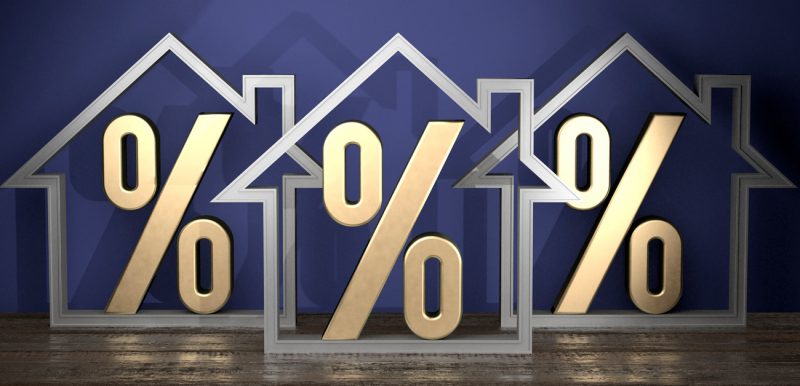The 30-year fixed-rate mortgage jumped to an average of 2.79% this week, increasing after last week’s record low of 2.65%, Freddie Mac reports in its weekly mortgage survey. Upticks over the last couple of weeks in 10-year Treasury notes—a key benchmark for mortgage rates—will prompt mortgage rates to rise, economists note.
“As Treasury yields have risen, it is putting pressure on mortgage rates to move up,” says Sam Khater, Freddie Mac’s chief economist. “While mortgage rates are expected to increase modestly in 2021, they will remain arguably low, supporting homebuyer demand and leading to continued refinance activity. Borrowers are smart to take advantage of these low rates now and will certainly benefit as a result.”
Freddie Mac reports the following national averages with mortgage rates for the week ending Jan. 14:
- 30-year fixed-rate mortgages: averaged 2.79%, with an average 0.7 point, rising from last week’s all-time low of 2.65%. A year ago, 30-year rates averaged 3.65%.
- 15-year fixed-rate mortgages: averaged 2.23%, with an average 0.7 point, increasing from last week’s 2.16% average. A year ago, 15-year rates averaged 3.09%.
- 5-year hybrid adjustable-rate mortgages: averaged 3.12%, with an average 0.4 point, increasing from last week’s 2.75% average. Last year at this time, 15-year rates averaged 3.39%.
Freddie Mac reports average commitment rates with average points to better reflect the total upfront cost of obtaining the mortgage.
The National Association of REALTORS® forecasts that the 30-year fixed-rate mortgage will average 2.9% and 3% in the first and second quarter of 2021, respectively.
Source: Freddie Macand National Association of REALTORS® Economists’ Outlook blog












